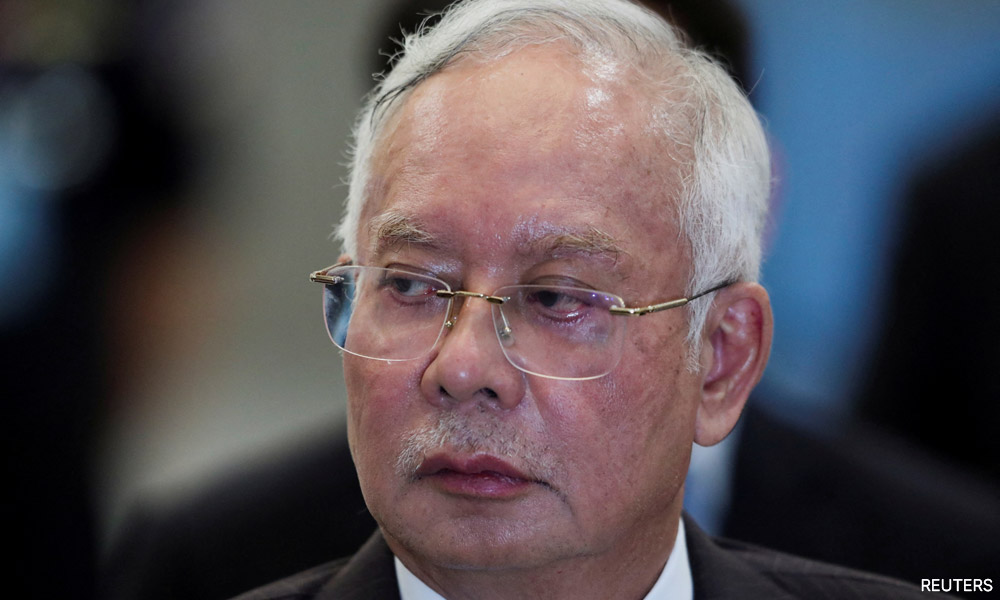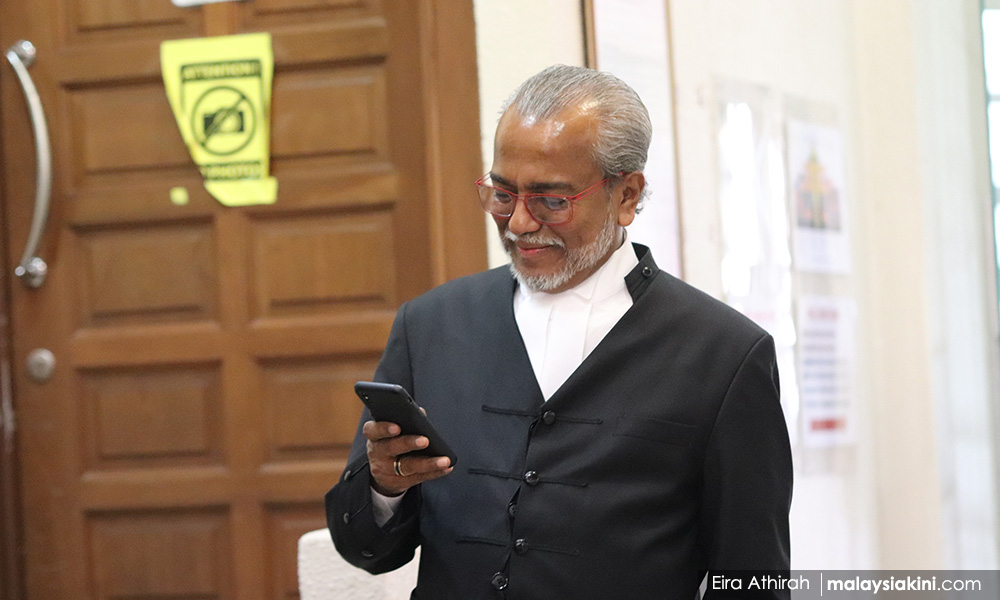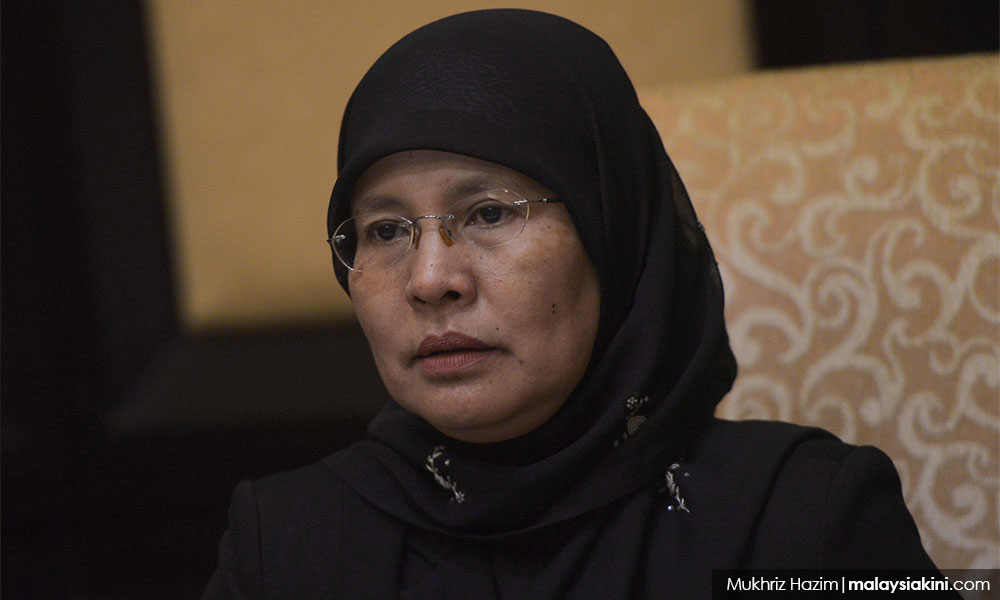One dissenting judgment in the recent review of Najib Abdul Razak’s SRC International trial is no ground for a future review or retrial, the Malaysian Bar said.
Bar president Karen Cheah said misleading statements are being made suggesting the contrary, but members of the public must know that a dissenting judgment within Malaysia’s legal system is merely a difference of opinion and the majority judgment will prevail.
“It cannot be overstated that any other interpretation would be perverse and an abuse of the court process.
“As such, ongoing attempts to exploit a minority judgment to confuse the public on the existing, well-founded legal principles of our justice system only goes towards blank shots to undermine the faith placed by all of us in the judiciary as our revered institution,” Cheah (above) said in a statement last night.
She explained that there must be finality to litigation, and the legal structure must lead towards that finality.
If a dissenting judgment leads to a fresh review, then there will be no end to litigation.
“It will also open the door to lawyers and judges being susceptible to ‘unsavoury strategy’ or ‘outside influence’ just to cause a situation of a fresh review to frustrate the course of justice,” she added.
Cheah said the 4-to-1 majority decision against the former prime minister should also mean the SRC International case should be considered res judicata, meaning that it has been adjudicated by competent courts and therefore may not be pursued further by the same parties.

At this point, Najib’s SRC International case has been decided by a High Court, upheld by the Court of Appeal and the Federal Court, and then reviewed by a different set of Federal Court judges upon his appeal.
This clearly shows that there are lawful grounds to convict Najib in the SRC case, Cheah said.
Najib had been sentenced to 12 years imprisonment and an RM210 million fine for corruption in the RM42 million SRC International trial. On March 31, the Federal Court delivered its majority decision verdict, rejecting his bid for a review.
The majority ruling was delivered by Federal Court judges Vernon Ong Lam Kiat, Rhodzariah Bujang, and Nordin Hassan as well as Court of Appeal judge Abu Bakar Jais, who said there is no merit to Najib’s application.
On the other hand, Chief Judge of Sabah and Sarawak Abdul Rahman Sebli said in his dissenting review that Najib’s sentence should have been quashed because he was denied a fair hearing during his appeal last year.
The possibility of a second review was ignited after the case’s deputy public prosecutor V Sithambaram said it is possible for Najib to try again, while Najib’s counsel Muhammad Shafee Abdullah said the dissenting judgment may open an avenue for another appeal.

Shafee said the dissenting judgment also strengthens Najib’s case for a royal pardon.
Other lawyers interviewed by Malaysiakini, however, indicated that a second review will be difficult if not impossible.
Meanwhile, Najib’s daughter Nooryana Najwa had shared a letter that had gone viral before, which is purported to be from MACC chief Azam Baki and addressed to Chief Justice Tengku Maimun Tuan Mat on the graft buster’s finding that judge Mohd Nazlan Mohd Ghazali was in breach of the Judge's Code of Ethics.
Nazlan was the High Court judge in 2020 who had convicted Najib for the SRC International case, whose decision was later upheld by the Court of Appeal and Federal Court.
The veracity of the letter has not been independently verified. Tengku Maimun had ruled that the MACC investigation was not properly done.

Responding to the resurfacing of the letter penned by the MACC chief, Cheah reiterated that the proper body to investigate judges’ ethical conduct is the Judicial Ethics Committee.
“The MACC has no role to play in this, as it would otherwise amount to executive interference in judicial matters. This safeguard is essential to insulate judges from political pressure and secure their impartiality.
“The public must know that matters of judicial code of ethics are not within the competence nor understanding of MACC.
“Investigations by the MACC in this regard are not only without jurisdiction, but also beg the question as to why MACC has traversed into areas that are not within the scope of the MACC Act 2009, nor within the competence of the MACC,” Cheah said.
She said dredging the letter was a desperate attempt to tarnish Nazlan’s reputation, even though his verdict has been vindicated by all levels of the judiciary.
“This inappropriate and last-ditch effort to cast doubts on Najib’s conviction on the SRC International case is most undesirable and must cease.
“The nation’s hope for a strong democracy and good governance lies in the strength of the judiciary as an institution, not an individual,” Cheah added. - Mkini



No comments:
Post a Comment
Note: Only a member of this blog may post a comment.